When she was around 14 years old, Hélène Choquette’s godfather, a press photographer, lent her his Hasselblad camera. It’s probably while photographing the reality around her that her passion for images and the idea of studying journalism at the Université du Québec à Montréal first started to germinate in her mind. Yet, when the moment arrived, she decided that the press world was too competitive and chose to study film instead.
I loved images. That’s why I started working for others behind the camera. Still today, my starting point is an image that I have of the world and I tell how I see it.
In 2003, Choquette wrote and co-directed with Jean-Philippe Duval the documentary series Marché Jean-Talon, which received the Prix Gémaux for Best Documentary Series and the Special Prize for Multiculturalism. With this, she began her prolific career, alternating between documentary series and features, and driven by her personal concerns for social, environmental and political issues.
Her empathetic gaze is always turned towards those who often don’t a voice. “I am sensitive to the ethics of my profession, but I am not a journalist, I am a documentarian. I don’t believe in objectivity. I am sensitive to the subjects and to the people that touch me. I like to allow myself to be immersed in them, to allow myself to be touched.”
It is indeed a constant, a signature, that we find in her films such as Bonnes à tout faire / A Better Life (2005), about the exploitation of foreign domestic workers; Les réfugiés de la planète bleue / The Refugees of the Blue Planet(2006, Best Canadian feature documentary, Planet in Focus), which looks at the displacement of peoples as a result global warming and the plundering of natural resources; Les poings de la fierté / Fists of Pride(2012), which follows young boys in training at a Thai boxing camp; or again Chienne de vie / A Dog’s Life (2016), which addresses the theme of homelessness through the emotional bond that exists between homeless people and their dogs.
AN OPPORTUNITY FOR EXCHANGE AND DEBATE
After having directed the 2010 NFB web documentary Projet PIB / The GDP Project, which garnered numerous international prizes, Choquette returned to the internet in 2015 with a documentary for Unité 9, a highly successful dramatic series. For Unité 9 le documentaire, which won the 2015 Prix du Public at the Web Program Festival de Paris, she chose to give voice to 13 « real » inmates and former inmates to show the reality of prison life, its impact on families, and also that redemption is possible. But, Choquette believes that better foundations are required in order for digital media to flourish. « It is too bad because despite the interesting work, digital docs still don’t have any truly viable economic models. Whether they are interactive or linear, there is often an attempt to go viral at all costs. »
While the web offers great possibilities for the digital distribution of documentaries, Hélène Choquette worries about their theatrical release. “I think it is important to develop and support the theatrical distribution of films, particularly of parallel theatrical screenings. For films that promote social reflection, it’s an opportunity for exchange and debate.”
It is also this sharing of experiences that she finds at events such as Hot Docs. “I am regular at the festival! I go every year to fulfill my need to see other realities, to meet other filmmakers. That’s also why I’m a member of DOC. I am always curious to know what’s happening in documentary here in Québec, but especially elsewhere in Canada. To order to forge ahead, I believe there is strength in numbers.”
Before getting down to work on a new project, a feature documentary on the work of Robert Lepage with the famous Théâtre du Soleil d’Ariane Mnouchkine, her latest film, Un cailloudans la botte [ A stone in the shoe ], will be released in 2017. Through the story of a traveling Senegalese merchant in Florence, the film proposes a reflection on migrant economies, those who are arriving in Europe, those who have been there for 30 years, and the women who stayed behind in Senegal. Choquette remains clear-headed about the path she has forged for herself. “We can raise consciousness, have a therapeutic effect, advance a cause, but we can’t change the world.”
For more information on Hélène Choquette and her work, visit http://labillebleue.com.


